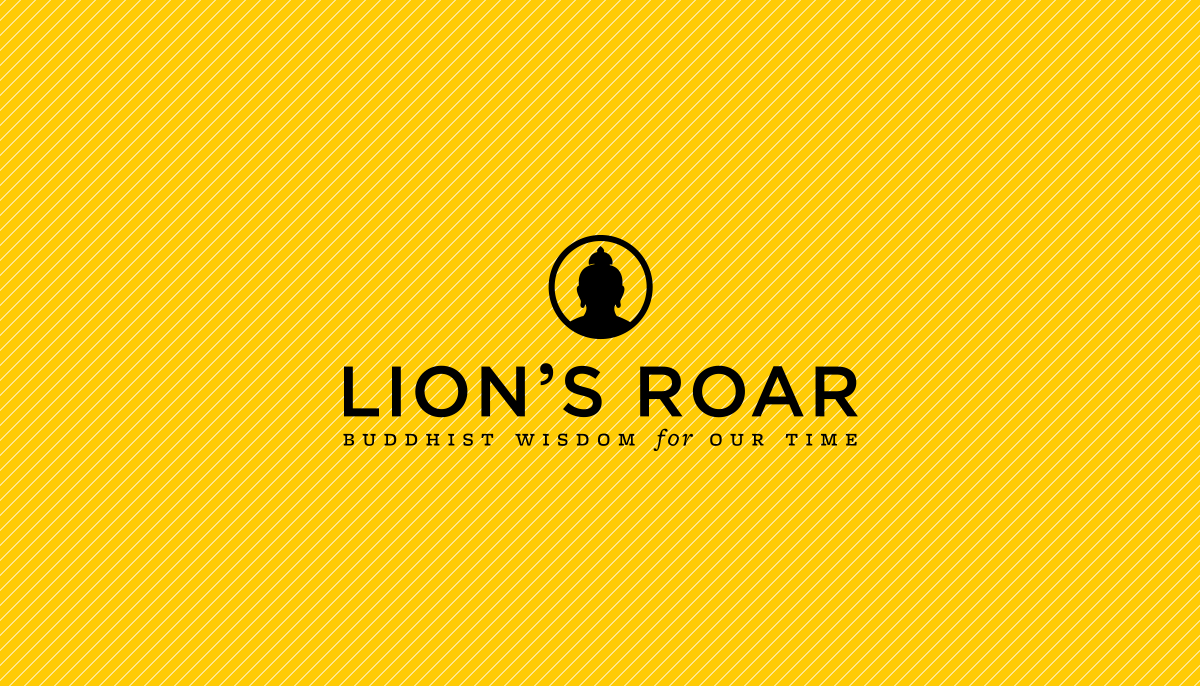Bright Moon, White Clouds: Selected Poems of Li Po
Edited and translated by J.P. Seaton
Shambhala Publications 2012; 224 pp., $14.95 (paper)
The Art of Haiku: Its History through Poems and Paintings by Japanese Masters
By Stephen Addiss
Shambhala Publications 2012; 352 pp., $24.95 (cloth)
Li Po, the celebrated eighth-century Chinese poet, is most famous for his drinking poems, full of pretty girls and jade vessels and hangovers. But he is also well known for poetry reflecting his philosophical bent, chiefly Taoist but also Buddhist and Confucian. In his introduction to Bright Moon, White Clouds: Selected Poems of Li Po, translator J.P. Seaton says, “There is often something almost Dionysian, almost magically freeing, in [Li Po’s] poems, even moments that sound like wobbly satoris. But (how like a Taoist!) he never uses the Chinese words for satori, or sudden enlightenment, to describe any physical, philosophical, or spiritual state he reaches.”
The Art of Haiku is an extensive exploration of that poetic form, its corresponding tradition of painting, and its related poetic styles. Haiku is frequently described as a Zen art, but author Stephen Addiss points out that the relationship between haiku and Zen isn’t clear-cut. While the renowned Basho was a Zen practitioner, as were several of his followers, most haiku poets didn’t study Zen. Some adhered to no religion; others identified with Taoism, Shintoism, Confucianism, or other Buddhist sects. The poet Issa, for example, was a devout Pure Land Buddhist. This gem of a poem by him is one of the 997 poems included in The Art of Haiku: “baby sparrows / open their mouths to the plum tree— / a Buddhist chant.”
The Great Work of Your Life: A Guide for the Journey of Your True Calling
By Stephen Cope
Bantam Books 2012; 304 pp., $26 (cloth)
How can we get in touch with our true self and embrace our calling?
To explore this question, Stephen Cope uses the wisdom of a two-thousand-year-old Indian scripture, the Bhagavad Gita, as a jumping-off point. The Gita begins with Arjuna collapsing onto the floor of his chariot because he’s conflicted over his vocation. What follows is a philosophical discussion between Arjuna and Krishna, his divine charioteer. According to Cope, “Arjuna is supposedly the greatest warrior of his time, but really, he is just astonishingly like we are: neurotic as hell, and full of every doubt and fear you can imagine.” Nonetheless, over the course of eighteen ancient chapters, Arjuna discovers and embraces his calling—and we can too. In The Great Work of Your Life, Cope provides us with engaging examples of people finding their path. Some of these people have so-called ordinary lives. Others are well-known figures, including Jane Goodall, Henry David Thoreau, and Susan B. Anthony.
Don’t Believe Everything You Think: Living with Wisdom and Compassion
By Thubten Chodron
Snow Lion Publications 2013; 224 pp., $15.95 (paper)
I started this book because the title made me laugh, but I kept reading it because of the insight on its pages. Don’t Believe Everything You Think is an explanation of The Thirty-Seven Practices of Bodhisattvas, a text written by the Tibetan monk Togmay Zangpo in the fourteenth century. My favorite part of the book is the way Thubten Chodron has peppered it with the experiences—both the challenges and lessons learned—of her dharma students. For example, she relates Togmay Zangpo’s verse on betrayal to how her student Deborah has worked with being abandoned by her alcoholic mother, and to how her student Maria dealt with a collaborative art project taking an unhappy turn. Thubten Chodron, an American nun in the Tibetan Buddhist tradition, is the founder and abbess of Sravasti Abbey in Washington state, as well as the author of Buddhism for Beginners and Open Heart, Clear Mind.
Moody Cow Learns Compassion
By Kerry Lee MacLean
Wisdom Publications 2012; 32 pp., $16.95 (cloth)
Moody Cow Learns Compassion is a picture book for children ages four and up. When Moody Cow and his friend Bully catch a garter snake, Bully feeds it a cricket. “Awesome!” shouts Bully as the little guy squirms in the snake’s mouth, but Moody Cow just feels sad. “You are such a wimp,” says Bully, and Moody Cow stomps off mad. That night Moody Cow dreams he’s as tiny as a cricket and a huge snake slithers up to him with its jaws open wide. “Don’t eat me!” he screams. Obviously, this whole cricket situation has Moody Cow’s thoughts super upset but he knows exactly what to do. He takes out his Mind Jar, which is a jar of water he uses to represent his mind. For being called a coward and getting mad, Moody Cow puts a pinch of sparkles into the jar, and for knowing how it feels to be eaten alive, he throws in three handfuls. His grandfather shakes the jar and the two of them breathe quietly as the sparkles and the upsetting thoughts both settle. By the time the water is clear, Moody Cow feels better and he’s ready to have some compassionate fun with Grandfather and Bully.

